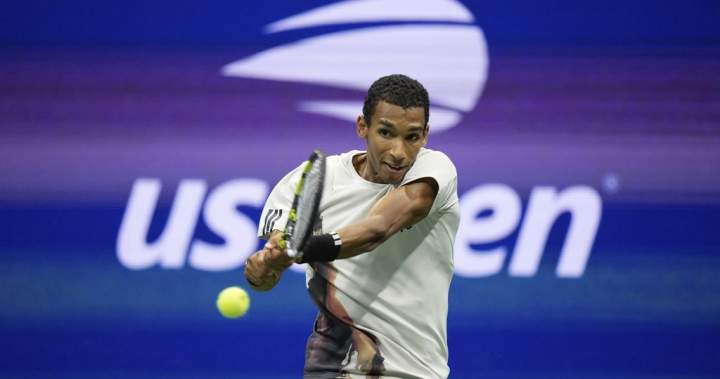In a development that has sent ripples through Canadian tennis, Felix Auger-Aliassime has withdrawn from the upcoming Davis Cup qualifiers in Halifax, citing fatigue following an intense competitive schedule. The announcement comes as a significant blow to Team Canada’s aspirations in the prestigious international team competition.
The 24-year-old Montreal native has been a cornerstone of Canadian tennis in recent years, with his powerful game and composed demeanor making him one of the sport’s most promising talents. His decision to step back from national team duties wasn’t made lightly, according to sources close to the player.
“After careful consideration and consultation with my team, I’ve made the difficult decision to withdraw from the upcoming Davis Cup tie,” Auger-Aliassime stated in a release. “The physical demands of the tour have taken their toll, and I need to prioritize recovery to ensure longevity in my career.”
This withdrawal comes at a particularly challenging time for Tennis Canada, as the organization had been heavily promoting the Halifax event around Auger-Aliassime’s participation. The young star’s presence was expected to draw substantial crowds to the Scotiabank Centre, where Canada is scheduled to face South Korea in a qualifying round February 2-3.
The toll of modern tennis has become increasingly evident in recent years. The grueling ATP calendar, with its back-to-back tournaments across continents and varying surfaces, places extraordinary physical demands on players. For someone like Auger-Aliassime, who has been playing consistently at the highest level, the risk of burnout is very real.
Tennis Canada’s captain Frank Dancevic now faces the challenging task of restructuring the team lineup. “While we’re disappointed not to have Felix with us in Halifax, we respect his decision and understand the importance of player health,” Dancevic noted. “We have depth in Canadian tennis now, and this creates an opportunity for other players to step up.”
Indeed, Canadian tennis has enjoyed a remarkable rise in recent years. The country’s Davis Cup triumph in 2022 marked a historic milestone, showcasing the depth of talent that has emerged. Names like Denis Shapovalov, Milos Raonic, and rising star Gabriel Diallo now bear the responsibility of maintaining Canada’s standing in the competition.
For fans who had purchased tickets hoping to see Auger-Aliassime in action, the news comes as a disappointment. However, the broader implications for Canadian tennis extend beyond this single event. The development raises important questions about player workload management and the sustainability of the current tennis calendar.
Sports medicine experts have increasingly warned about the physical toll of year-round competition. Dr. Stuart Phillips, a prominent sports physiologist, notes that “the human body, even one as finely tuned as a professional athlete’s, requires adequate recovery periods. Without them, performance inevitably declines and injury risk increases substantially.”
This withdrawal might also signal a shifting approach to national team competitions. While the Davis Cup holds historical prestige, individual career management has become increasingly prioritized in the modern era of tennis. Players and their teams are making calculated decisions about which events to play, with long-term career sustainability often taking precedence over short-term obligations.
The cultural significance of these decisions extends beyond sports. They reflect changing workplace dynamics across society, where burnout awareness and mental health considerations have gained greater recognition. Elite athletes, once expected to simply push through fatigue, are now more empowered to acknowledge their limits.
As Halifax prepares to host the Davis Cup qualifier without its marquee Canadian star, the tennis community faces a moment of reflection. Can the sport’s governing bodies create a more sustainable calendar? How can national federations balance patriotic aspirations with player welfare? And for fans, perhaps most importantly, how can the tennis ecosystem ensure that stars like Auger-Aliassime enjoy careers long enough to fulfill their tremendous potential?
For now, as Auger-Aliassime focuses on recovery, Canadian tennis moves forward, adapting to the reality that sometimes the most important victories are won through the wisdom to step back when necessary.























